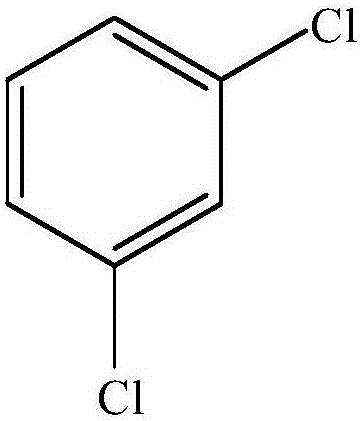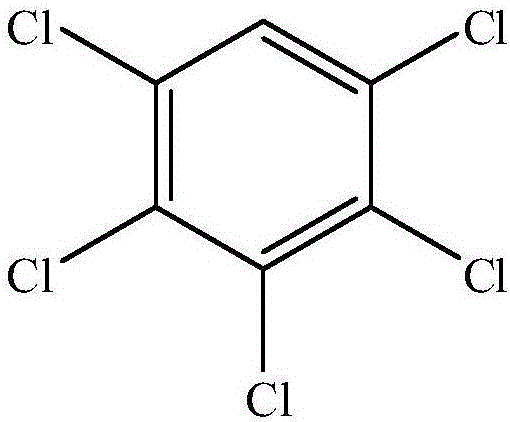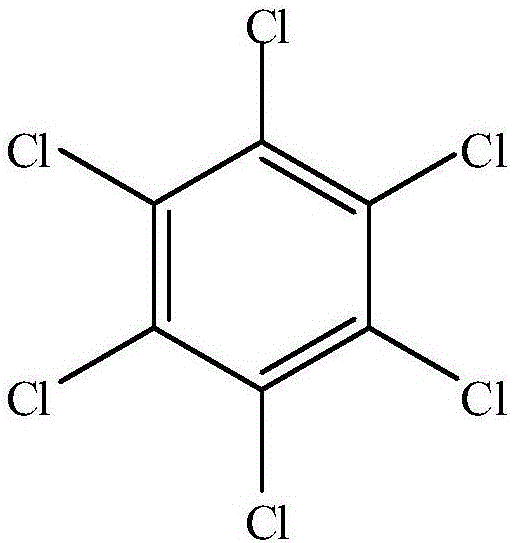Method for measuring chlorobenzene organic pollutants in leather by gas chromatography-mass spectrometry
A technology of organic pollutants and gas chromatography, applied in the field of leather detection, gas chromatography-mass spectrometry to determine chlorobenzene organic pollutants in leather, can solve problems such as teratogenicity, central nervous system impact, carcinogenicity, etc.
- Summary
- Abstract
- Description
- Claims
- Application Information
AI Technical Summary
Problems solved by technology
Method used
Image
Examples
Embodiment Construction
[0054] Specific embodiments of the present invention such as Figure 1-23 Shown is the method for gas chromatography-mass spectrometry determination of chlorobenzene organic pollutants in leather, which may further comprise the steps:
[0055] Step 1. Preparation of the sample to be tested. Take an appropriate amount of leather samples, cut the samples into pieces, and the sample size range is less than 20mm×20mm, and mix the cut samples evenly;
[0056] Step 2. Sample extraction. Weigh 1.00 g of the sample, place it in a 40 mL reaction bottle, add 30 mL of dichloromethane, and perform ultrasonic extraction for 30 min at room temperature to obtain an ultrasonic extraction solution. Filter the ultrasonic extraction solution into a 100 mL flat-bottomed flask, concentrate with a rotary evaporator at a temperature of 40°C to obtain a 1-2 mL concentrated solution, transfer the concentrated solution to an evaporating tube, wash the flat-bottomed flask with a small amount of dichloro...
PUM
 Login to View More
Login to View More Abstract
Description
Claims
Application Information
 Login to View More
Login to View More - R&D
- Intellectual Property
- Life Sciences
- Materials
- Tech Scout
- Unparalleled Data Quality
- Higher Quality Content
- 60% Fewer Hallucinations
Browse by: Latest US Patents, China's latest patents, Technical Efficacy Thesaurus, Application Domain, Technology Topic, Popular Technical Reports.
© 2025 PatSnap. All rights reserved.Legal|Privacy policy|Modern Slavery Act Transparency Statement|Sitemap|About US| Contact US: help@patsnap.com



